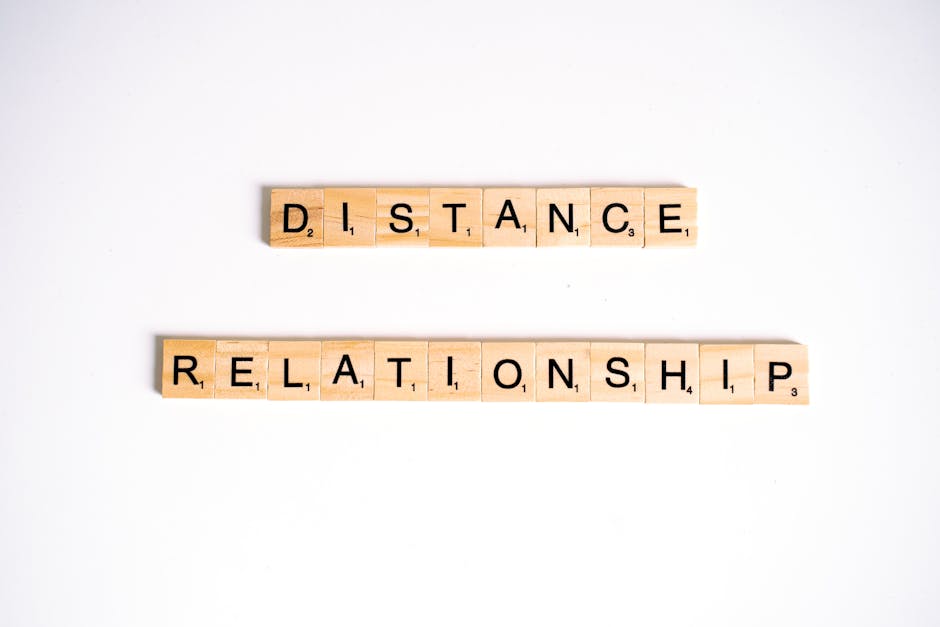Connecting Through Language: Russian and English
Have you ever thought about how language connects us? English and Russian are two very different languages, but they share a fascinating relationship. Understanding this connection can open doors to new cultures, friendships, and opportunities.
Why Learn Russian and English?

Learning a new language can be thrilling and rewarding. Russian and English are spoken by millions worldwide. English is often called the global language, while Russian holds a key place in Eastern Europe and Central Asia.
But why should you dive into these languages? Here are a few reasons:
- Cultural Access: Russian literature, music, and films are treasures waiting to be explored.
- Job Opportunities: Many international companies need bilingual employees.
- Travel Experience: Traveling in Russia is much easier when you speak the language.
What Makes Russian Unique?

Russian is part of the Slavic language family. It has its own alphabet, the Cyrillic script, which can be intimidating at first. But don’t worry! Once you learn the basics, it becomes easier.
The language is rich in expression. For instance, the word “toska” describes a deep, melancholic longing. Theres no direct translation in English, showcasing how unique Russian really is.
How Are English and Russian Similar?

Despite their differences, English and Russian share some similarities. Both languages borrow words from each other, especially in science and technology. For example, the word “computer” is used in both languages, pronounced slightly differently.
Learning common phrases can also make the transition smoother. Here are a few examples:
- Hello (Privet)
- Thank you (Spasibo)
- Goodbye (Do svidaniya)
Can Learning Russian Help Your English?

Surprisingly, yes! Learning Russian can improve your understanding of English. Heres how:
- Grammar Awareness: Russian grammar is complex, which can deepen your grasp of English grammar.
- Vocabulary Expansion: Many English words have Russian roots or similar sounds.
- Cultural Insight: Understanding Russian culture can give you a new perspective on English-speaking cultures.
What Are the Challenges of Learning Russian?
While exciting, learning Russian can be challenging. Here are a few common hurdles:
- Alphabet: The Cyrillic alphabet has 33 letters. Memorizing them takes time.
- Pronunciation: Some sounds don’t exist in English, making them tricky to master.
- Grammar: Russian has six cases, which change how nouns and adjectives are used.
Don’t let challenges discourage you! With practice and patience, you can overcome them.
How to Start Learning Russian?
Ready to take the plunge? Here are some effective methods to start learning Russian:
- Language Apps: Apps like Duolingo or Babbel make learning fun and interactive.
- Online Courses: Websites like Coursera offer structured lessons from experts.
- Language Exchange: Find a language partner to practice speaking.
Remember to set realistic goals. Maybe start with learning a few phrases each week.
What Resources Can Help You?
To aid your journey, consider these helpful resources:
- Books: “Russian Grammar in Use” is a great resource for beginners.
- Podcasts: “Russian Made Easy” is perfect for on-the-go learning.
- Videos: YouTube offers channels dedicated to teaching Russian.
Finding engaging content makes learning enjoyable. Try watching Russian films or listening to Russian music to immerse yourself.
Can You Learn Russian Without a Teacher?
Absolutely! Many people learn languages through self-study. Heres how:
- Use Apps: Stick to a daily learning routine with language apps.
- Practice Speaking: Talk to yourself, or read out loud.
- Join Online Communities: Sites like Reddit have language learning groups.
Learning independently requires discipline, but it’s rewarding. You get to set your own pace and choose what to focus on.
what’s the Importance of Practice?
Practice is key to mastering any language. Here are some effective ways to practice:
- Daily Conversations: Speak with native speakers online or in person.
- Writing Exercises: Keep a journal in Russian to improve writing skills.
- Flashcards: Create flashcards for vocabulary retention.
Consistent practice helps build confidence and fluency. Make it a part of your daily routine.
How Can You Connect with Others Through Language?
Connecting with others is one of the best parts of learning a language. Here are some ideas:
- Language Meetups: Join local or online meetups for practice and fun.
- Cultural Exchanges: Participate in cultural events to meet native speakers.
- Social Media: Follow Russian social media accounts for daily practice.
Building relationships through language can lead to lifelong friendships and rich experiences.
Are There Common Misconceptions About Learning Russian?
Many people believe learning Russian is too hard. This isn’t true! Here are some common misconceptions:
- it’s Only for Russians: Many non-Russians successfully learn it!
- it’s Too Time-Consuming: Learning in small steps makes it manageable.
- Grammar is Impossible: With the right resources, grammar can become less daunting.
Stay positive, and remember: every language has it’s challenges.
Conclusion: Start Your Language Journey Today!
Connecting through language is a beautiful experience. Russian and English can open up new worlds for you. Whether you want to travel, work, or connect with new people, learning these languages is worth it.
So, what are you waiting for? Dive in and start your journey today!
For more tips on language learning, check out this article on [Language Learning Strategies](https://www.languagelearningtips.com/strategies).



